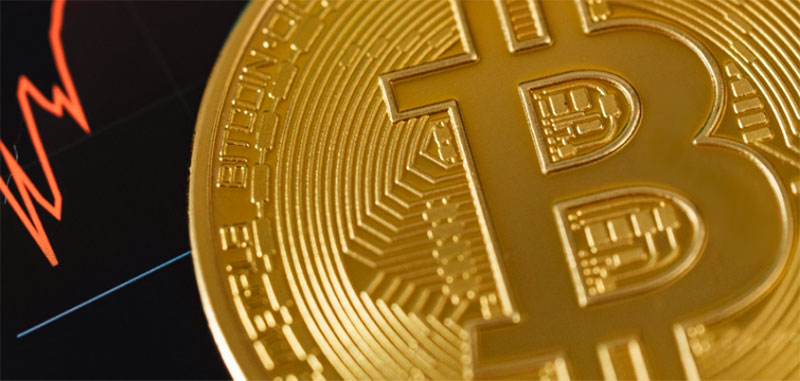We recommend the best products based on our evaluations; advertising has no say. If you decide to visit one of our recommended partners, we may earn compensation. Please read our disclosure if you want to know more about our advertisers.
The finest Bitcoin debit cards offer competitive introductory APRs, cash-back benefits, and mobile app access, and they do so with little fees. Cryptocurrencies like Bitcoin, Ethereum, and Litecoin should all be accepted. Security features on Bitcoin debit cards should be high-grade.
As the markets can fluctuate wildly, investing in cryptocurrencies, Decentralized Finance (DeFi), and other Initial Coin Offerings (ICOs) is highly speculative and risky. Any major financial decisions should be discussed with an expert. Neither Investopedia nor the author of this piece is advising readers to buy or sell cryptocurrencies, and they also make no representations about the article's accuracy or timeliness.
Can You Survive Without a Bitcoin Debit Card?
A Bitcoin debit card's usefulness hinges on whether or not you often transact in virtual currencies. A Bitcoin debit card might not be essential if you're pleased with your current debit card and rarely purchase bitcoin. In contrast, a Bitcoin debit card could simplify your life if you frequently choose bitcoin over fiat currency while making purchases.
Some benefits of using a Bitcoin debit card are as follows.

Fees: Many Bitcoin debit cards charge fees, though not all. Monthly service costs, fees for making foreign transactions, and ATM withdrawals are all examples. Finding a card with minimal costs is a priority. Some Bitcoin debit cards have perks like cash back in the form of cryptocurrency. To maximize your earnings potential, it's best to use a credit card that offers a high cash-back reward.
Listed below are the currencies that are accepted. There are Bitcoin debit cards that only work with Bitcoin and no others. You should select a card that is compatible with your preferred cryptocurrency.
Regarding accessibility, some Bitcoin debit cards are restricted to specific regions, such as the European Union (EU) or the United States. Find a debit card that can be used where you currently are. The benefits don't end there, though. Bitcoin debit cards that come with extra bonuses are a welcome bonus. Both commonplace benefits, like free use of an ATM, and more unusual ones, like free Spotify subscriptions, fall under this category.
You were getting a Bitcoin debit card. The next step is applying for a Bitcoin debit card after you've narrowed your options. There are a few things you'll need to do before you can use a Bitcoin debit card, such as:
Making buys with the card
Customers need to show who they are to get approved for some cards. To utilize cards that use a different currency, the user must either buy the card or make a financial commitment in the card's native currency. You can withdraw funds from your Bitcoin debit card at any Bitcoin exchange or ATM.
So, how exactly do Bitcoin debit cards function? Bitcoin debit cards, also known as crypto debit cards, function similarly to traditional prepaid debit cards but can be loaded with bitcoin for use at retailers that don't accept it. To make a purchase, these cards convert the number of Bitcoins or another cryptocurrency held on them into the local currency. Withdrawing cash at ATMs in the fiat currencies supported by the card is another option for those using Bitcoin debit cards.
Exactly where should I go to apply for a Bitcoin debit card? Cryptocurrency exchanges provide the majority of Bitcoin debit cards and applying for one normally necessitates the creation of an exchange account or a Bitcoin digital wallet. Know Your Customer (KYC) authentication may be a prerequisite for using some services. Certain cards can be obtained for a price. Some, however, need an initial token payment of $400, $4,000, or even more to unlock additional features.
When Using Bitcoin, Are Debit Cards Safe?
In comparison to traditional debit cards, Bitcoin debit cards are just as secure as major credit cards due to their use of two-factor verification, biometric scanning, and mobile codes. It is common practice for mobile apps to be the primary means by which cardholders can instantaneously freeze or cancel their card.
However, some people think Bitcoin debit cards are less safe than traditional digital wallets. Technically, holding money on mobile wallets or online exchanges raises the risk of cyberattacks, as does transfer money from a wallet to the debit card issuer.
To that end, we were careful to select cards that shared the same level of security as common debit and credit cards, and that allowed us to suspend or cancel the card if necessary quickly. We should have prioritized low or no-annual fee cards or those with cash back or other bonuses, although we did highlight a handful.



